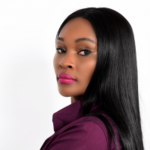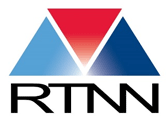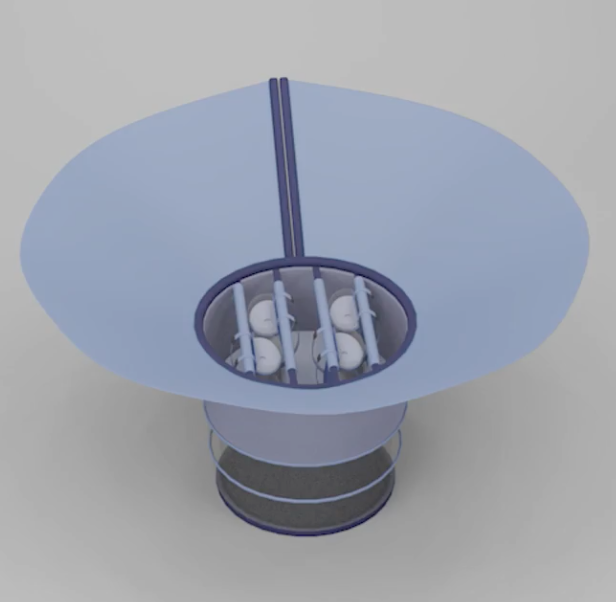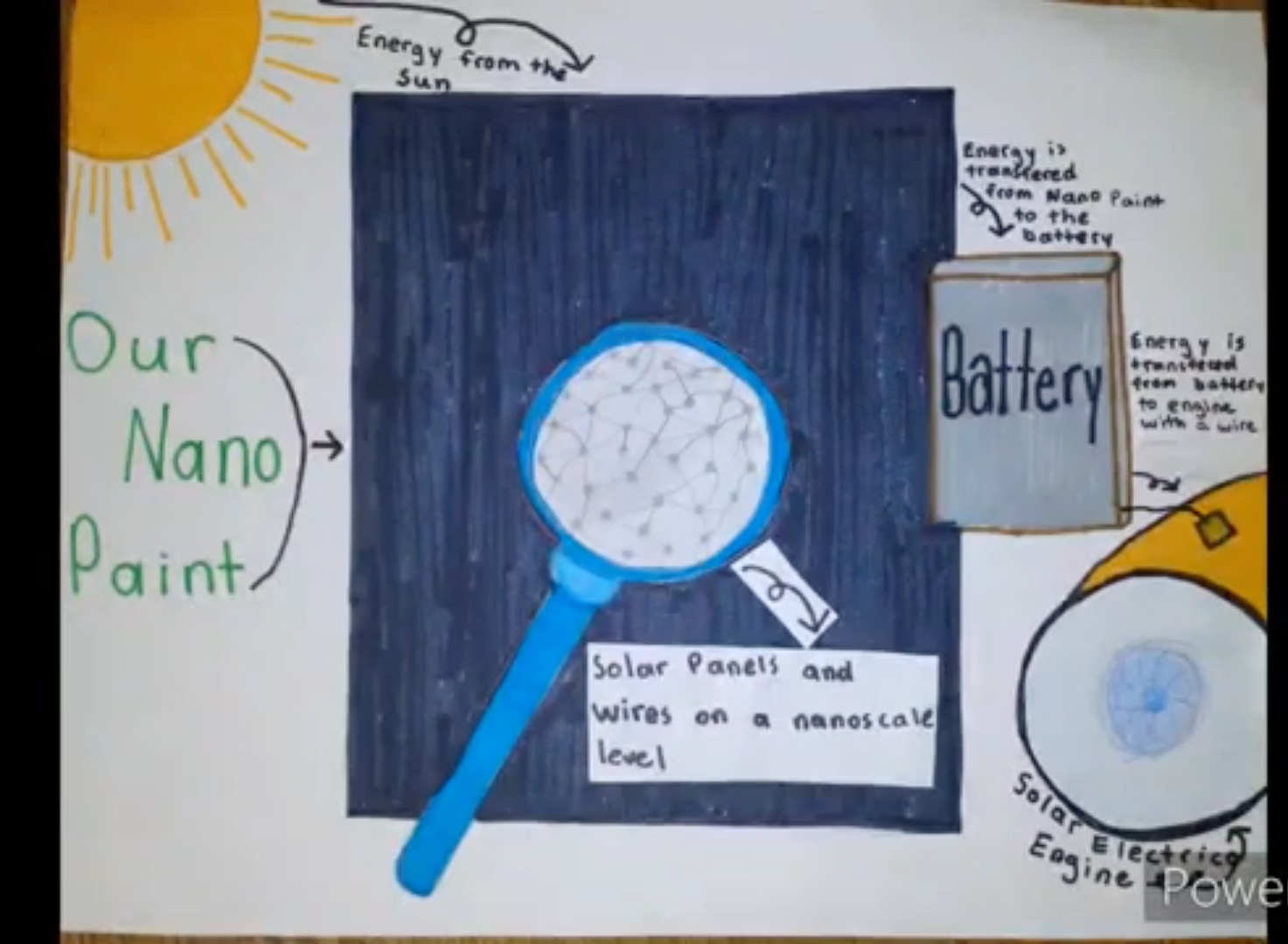
The Public Communication of Science and Technology (PCOST) program has added Anne Njathi as acting assistant director of assessment. She will take over full-time in the spring from Ekaterina Bogomoletc. In May, Ekaterina will complete her dissertation, Friendly Science: The Effects of Social Presence and Conversational Human Voice on Publics’ Perceptions of Scientific Information and will begin as a full-time research data analyst at the North Carolina Partnership for Children. Analyzing various primary and secondary data on children’s well-being, Ekaterina will be contributing to the organization’s overall mission of advancing a high quality, comprehensive, accountable system of care and education for each child beginning with a healthy birth.
Anne Njathi is a doctoral student in Communication, Rhetoric and Digital Media. She has over 8 years of multidisciplinary work experience in Mobile Phone & IT Industry, Renewable Energy, and Non-for Profit Organizations, Media & Advertising, and her research interest lies in digital media and mobile communication. She has notable expertise is in Marketing Communications, Brand Strategy, Digital Marketing, Communications Strategy, Business Development, Budgeting, Accounts Development in building sustainable brands. She is also an Associate Member of the Chartered Institute of Marketing (CIM) and Google Certified Digital Marketer.
She received her BA and MA in Public Relations and Corporate Communication from Daystar University, Kenya. She comes from Kenya with a passion for development studies for Africa, her research interest lies in Emerging Digital Economy, Emerging Technologies, Digital Media, Financial Inclusion and Mobile Communication.
PCOST also added two advanced undergraduate research assistants. Jongsue Cho and Ava Freyaldenhoven. Jongsue will work on research activities associated with the RTNN exclusively. Ave will work with Dr. Berube on multiple research and grant related ventures. Both women are undergraduate students completing their BS in Communication.







